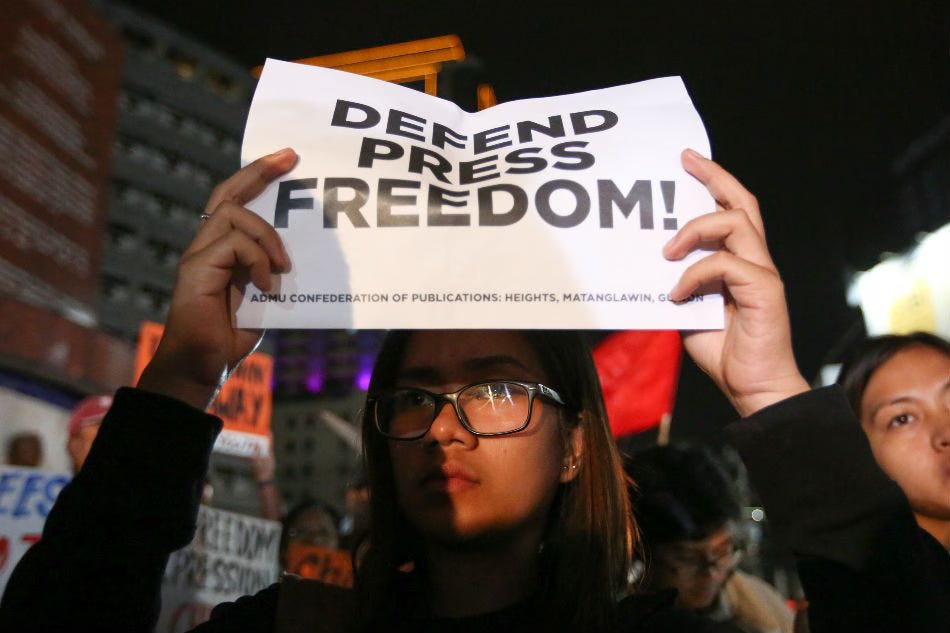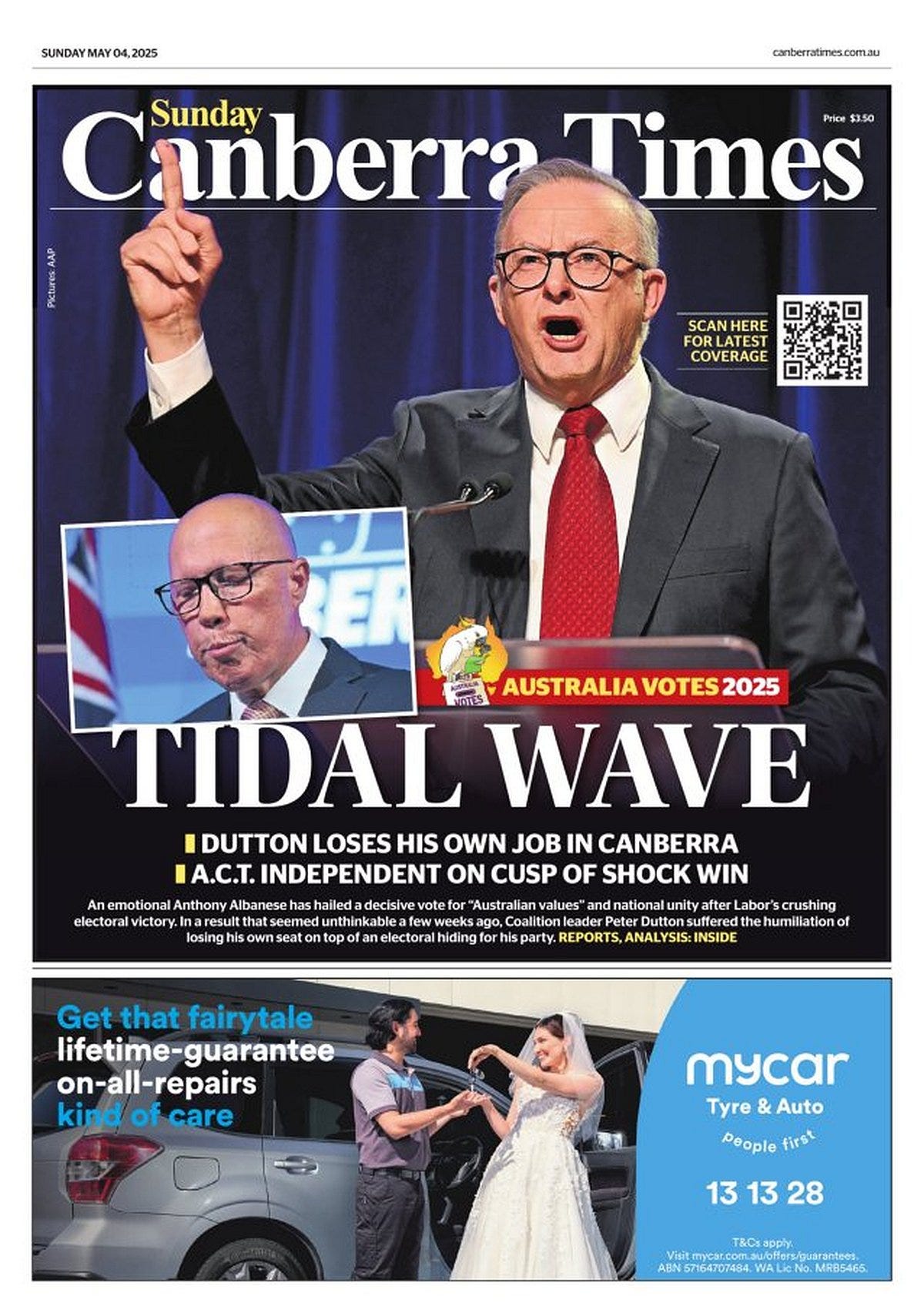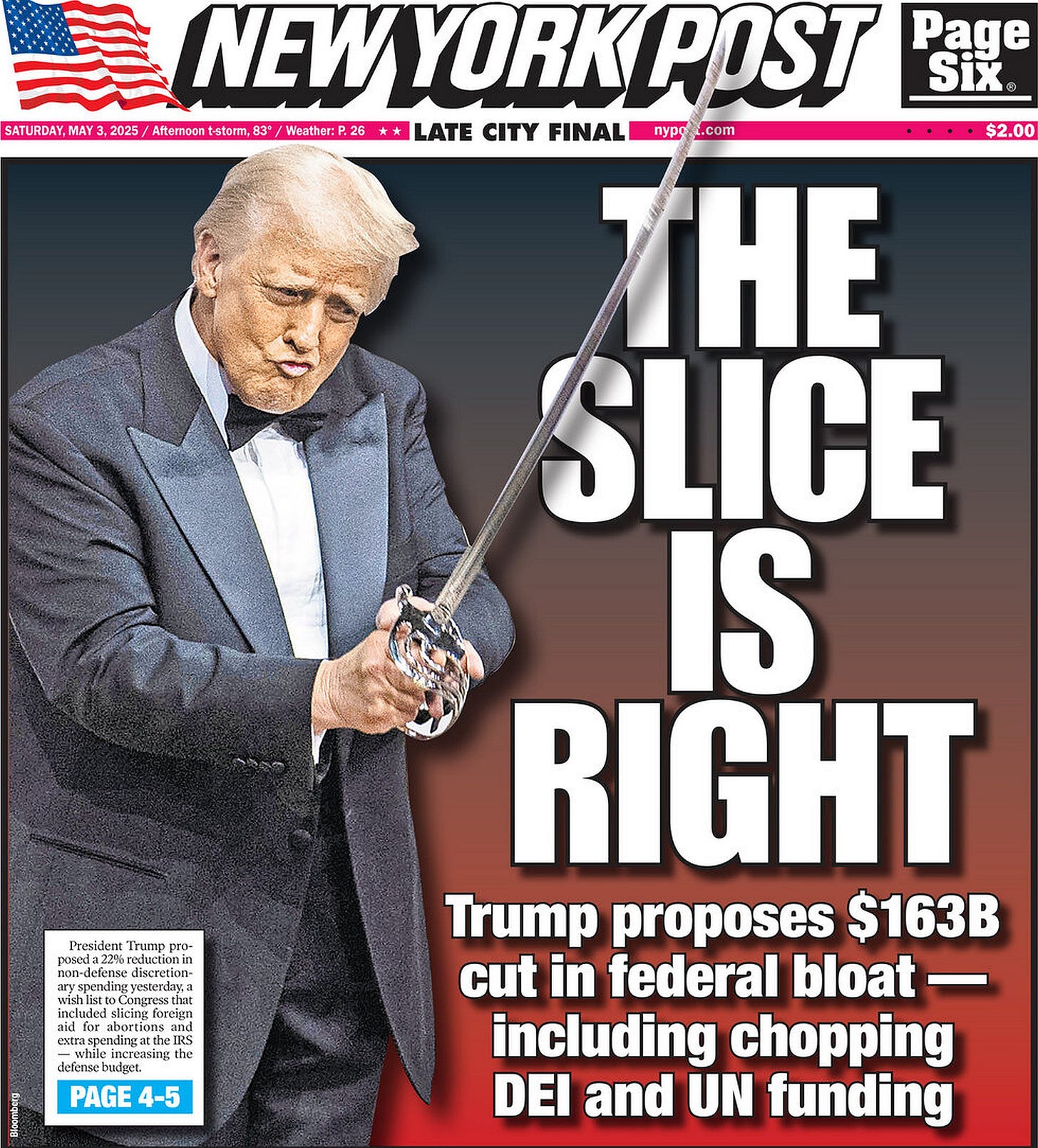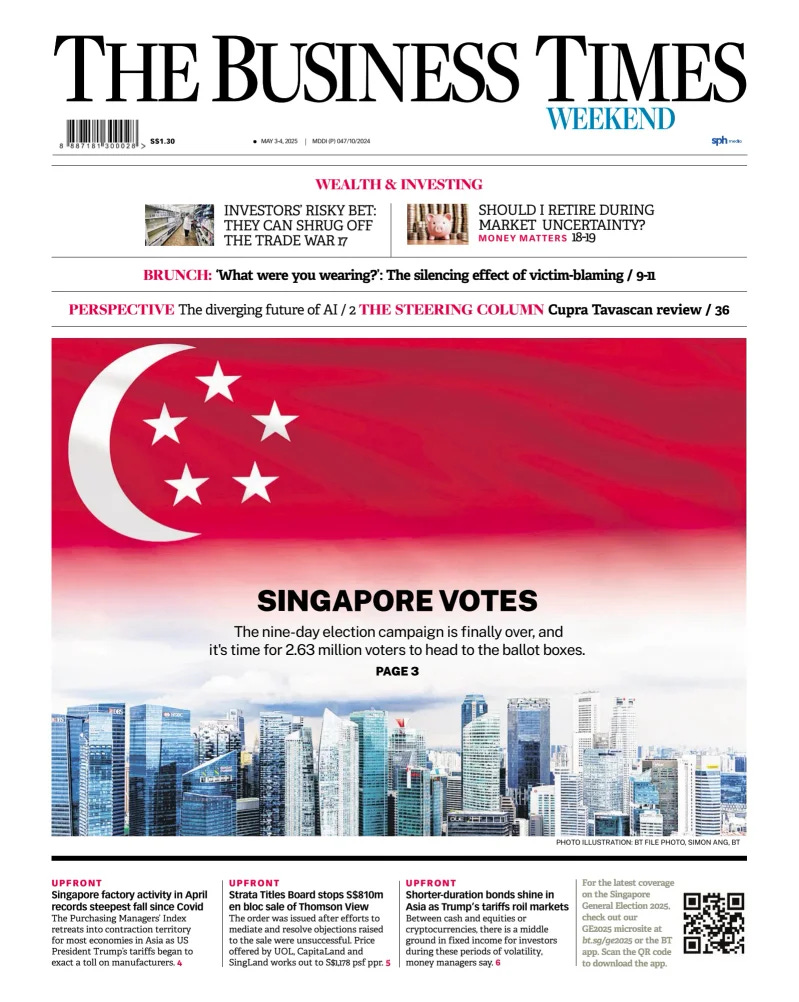Press Freedom Declines Worldwide as Autocrats Rise, Revenues Fall
Over Half the World Deemed Hostile to Press Freedom
Although physical attacks against journalists are the most visible violations of press freedom, economic pressure is also a major, more insidious problem. The economic indicator on the RSF (Reporters Without Borders) World Press Freedom Index now stands at an unprecedented, critical low as its decline continued in 2025. As a result, the global state of press freedom is now classified as a “difficult situation” for the first time in the history of the Index.
For over ten years, the Index’s results have warned of a worldwide decline in press freedom. In 2025, a new low point emerged: the average score of all assessed countries fell below 55 points, falling into the category of a “difficult situation.” More than six out of ten countries (112 in total) saw their overall scores decline in the Index.
For the first time in the history of the Index, the conditions for practising journalism are “difficult” or “very serious” in over half of the world’s countries and satisfactory in fewer than one in four.
According to data collected by RSF for the 2025 World Press Freedom Index, in 160 out of the 180 countries assessed, media outlets achieve financial stability “with difficulty” — or “not at all.”
Worse, news outlets are shutting down due to economic hardship in nearly a third of countries globally. This is the case in the United States (57th, down 2 places) Tunisia (129th, down 11 places) and Argentina (87th, down 21 places).
The situation in Palestine (163rd) is disastrous. In Gaza, the Israeli army has destroyed newsrooms, killed nearly 200 journalists and imposed a total blockade on the strip for over 18 months. In Haiti (112th, down 18 places), the lack of political stability has also plunged the media economy into chaos.
Even relatively well-ranked countries such as South Africa (27th) and New Zealand (16th) are not immune to such challenges.
Thirty-four countries stand out for the mass closures of their media outlets, which has led to the exile of journalists in recent years. This is especially true in Nicaragua (172nd, down 9 places), Belarus (166th), Iran (176th), Myanmar (169th), Sudan (156th), Azerbaijan (167th) and Afghanistan (175th), where economic difficulties compound the effects of political pressure.
In Move To Support Radio Free Europe, R.E.M. Releases Remix For World Press Freedom Day: The release of the single “Radio Free Europe” in 1981 introduced the alternative rock band R.E.M. to the world. It also reminded the world of the role the US-funded broadcaster plays in building democracy in countries where a free press is banned or not yet fully established. To mark World Press Freedom day on May 3, the band has announced a special reissue of the single to celebrate the upcoming 75th anniversary of Radio Free Europe/Radio Liberty amid a fight over winding down operations at a number of US-funded broadcasters in what is seen by many as an attempt to silence pro-democracy media. “Whether it’s music or a free press –- censorship anywhere is a threat to the truth everywhere. On World Press Freedom Day, I’m sending a shout-out to the brave journalists at Radio Free Europe,” said Michael Stipe, lead singer and a founding member of the band. Watch the video here
Recently. the BBC’s South Asia and Afghanistan correspondent, Yogita Limaye, joined me on the Global Impact Show where we discussed, among many things, the value of foreign language broadcast services - especially in countries where press freedom is constrained. Listen to the full episode here
Anthony Albanese claimed victory as the first Australian prime minister to clinch a second consecutive term in 21 years on Saturday and suggested his government had increased its majority by not modeling itself on U.S. President Donald Trump’s administration. “Australians have chosen to face global challenges the Australian way, looking after each other while building for the future,” Albanese told supporters in a victory speech in Sydney. “We do not need to beg or borrow or copy from anywhere else. We do not seek our inspiration overseas. We find it right here in our values and in our people,” he added. His center-left Labor Party had branded Albanese’s rival Peter Dutton, the opposition leader, “DOGE-y Dutton” and accused his conservative Liberal Party of mimicking Trump and his Department of Government Efficiency - AP
Singapore’s ruling People's Action Party (PAP) has won a landslide victory in Prime Minister Lawrence Wong's first electoral test as leader of the government. The party secured 65.57 per cent of the national vote, improving on its 2020 performance by 4 percentage points. It won all battleground constituencies. National University of Singapore political scientist Chong Ja Ian described Singaporean voters as typically “risk-averse”. “They like what is familiar … Whether that’s good or bad is a different story,” he said. “The WP is also a beneficiary of voters voting for what is familiar.” - CNA
Romanians are set to vote Sunday in one of the European Union member’s most important elections in decades, after the country's political landscape was upended last year when a top court voided the previous election after the far-right outsider Calin Georgescu topped first-round polls. The decision followed allegations of electoral violations and a Russian campaign promoting Georgescu, who is now under investigation and barred from Sunday's redo. Moscow has denied it meddled. Eleven candidates are vying for the presidency in Sunday's vote, which is expected to go to a May 18 runoff. The presidential role carries a five-year term and significant decision-making powers in national security and foreign policy. A communist state until the end of the Cold War, Romania has spent decades trying to build strong democratic institutions. But last year’s failed election plunged the EU and NATO member country into unprecedented political turmoil - France 24
Ukrainian President Volodymyr Zelensky has rejected Russia's 3-day ceasefire proposal, calling it theatrical, and instead suggests a month-long truce, Ukrainian media have reported. "An unconditional ceasefire is the model proposed by the Americans. We are following that model. Whether it starts on that date or another – ideally earlier. Yes, let's try for 30 days. Why a 30-day ceasefire? Because it's impossible to reach any agreements in three, five, or even seven days," Zelenskyy told reporters on Saturday. Russian President Vladimir Putin had proposed a ceasefire from the 7-9 of May, when foreign representatives have been invited to the annual Victory Day parade in Moscow. Zelensky said he would not be able to guarantee attendees' safety at the parade. "Ukraine cannot guarantee other countries the safety of their representatives during their planned trips to Moscow for the 9 May parade, as the Russian side can independently take any actions against the guests and shift the blame for this to Ukraine, and the Ukrainian side, in turn, cannot be responsible for what is happening in the Russian Federation," Zelensky said - Euronews
Investor Warren Buffett told thousands of Berkshire Hathaway shareholders Saturday he plans to step down as CEO. Buffett, who has been leading Berkshire Hathaway for 60 years, said he will step down at the end of the year. He had previously said he didn't want to retire because he enjoys figuring out where to invest Berkshire's money too much, and that he planned to continue working until he dies or becomes incapacitated. Buffett said he will recommend to Berkshire Hathaway's board that Greg Abel should become CEO at the end of the year. "I think the time has arrived where Greg should become the Chief Executive office of the company at year end," Buffett said. "I want to spring that on the directors effectively, and then get that as my recommendation ... I think they'll be unanimously in favor of it." The 94-year-old remains in good health, though he does use a cane. Buffett announced the news at the end of a five-hour question-and-answer period and didn't take any questions about it - CBS News





